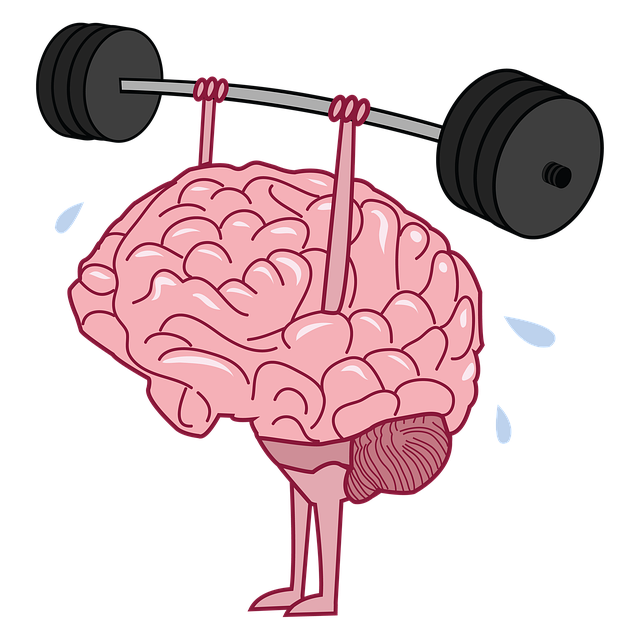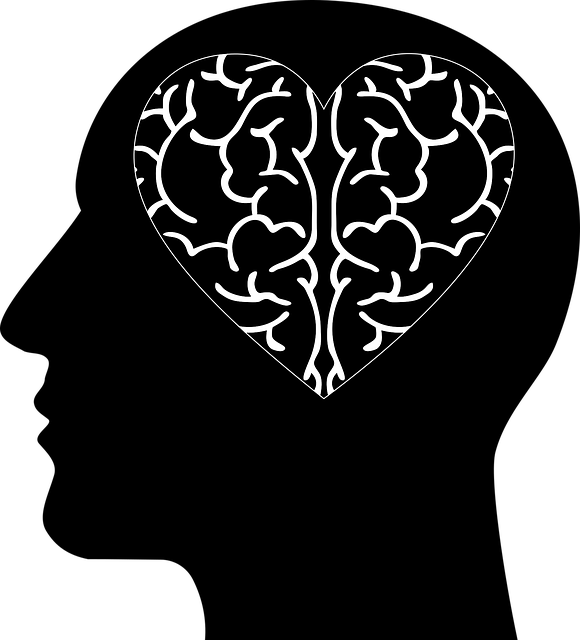Mental health stigma significantly impedes young adults from accessing support, with severe consequences including untreated escalation of issues, impacting academic and career prospects. Evidence-based treatments like CBT can help but stigma deters their adoption. Compassion cultivation techniques encourage mental wellness without fear of labels. Education in schools, community workshops, and awareness campaigns combat stigma, especially for conditions like sexual dysfunction, fostering empathy and prioritizing mental health. Therapeutic options include individual, group, family therapy, CBT, art, music, and mindfulness therapies. Peer support groups offer safe spaces for connection and mutual support, enhancing recovery. Lasting progress requires policy changes, cultural shifts, equal treatment laws, integrated healthcare, affordable access to therapy, awareness campaigns, and open conversations about mental health, especially around therapy for young adults sexual dysfunction.
Mental illness stigma is a pervasive barrier that affects young adults’ well-being, often leading to isolation and delayed access to essential therapy. This article explores comprehensive strategies to reduce this harmful stigma. We delve into the profound impact on young adults, highlighting the transformative power of education and awareness campaigns. Additionally, we discuss effective therapy options tailored for their needs, including innovative approaches to address mental health concerns like sexual dysfunction. Peer support groups emerge as powerful tools, fostering community and empowerment. Lastly, we examine policy and cultural shifts necessary for sustained progress in breaking down stigma barriers.
- Understanding the Stigma: Its Impact on Young Adults
- The Role of Education and Awareness in Reduction
- Therapy Options for Mental Health Support
- Peer Support Groups: A Powerful Tool for Change
- Policy and Cultural Shifts for Long-Lasting Progress
Understanding the Stigma: Its Impact on Young Adults

Stigma surrounding mental health issues often presents a significant barrier for young adults seeking support and treatment. The impact of this stigma can be profound, leading to feelings of isolation, shame, and fear of judgment, which may discourage them from openly discussing their struggles or even acknowledging their problems. This can have severe consequences, as untreated mental health issues can escalate and negatively affect various aspects of a young adult’s life, including academic performance, relationships, and career prospects.
For instance, young adults experiencing sexual dysfunction due to underlying anxiety or depression might find it challenging to seek therapy for these co-occurring conditions. The stigma associated with mental illness could prevent them from embracing evidence-based treatments like cognitive behavioral therapy (CBT) or mindfulness practices, which are known to boost confidence and promote positive mind over matter principles. Additionally, compassion cultivation techniques, as part of broader efforts to reduce stigma, can foster an environment of understanding and support, encouraging young adults to prioritize their mental well-being without fear of being labeled or shunned.
The Role of Education and Awareness in Reduction

Education and awareness play a pivotal role in reducing the stigma surrounding mental illness. By incorporating mental wellness discussions into formal education systems, we can ensure that young adults develop emotional intelligence at an early stage. This proactive approach equips them with coping mechanisms to navigate life’s challenges, potentially preventing the onset of severe mental health issues. Schools and universities can host workshops focused on stress management techniques, fostering a culture of open dialogue where students feel comfortable seeking help for their emotional struggles.
Additionally, community-based organizations can organize campaigns and events that raise awareness about various mental health conditions, including sexual dysfunction, which often goes unnoticed or misunderstood. Engaging with young adults through interactive sessions, sharing real-life stories, and providing accessible resources can significantly contribute to breaking down societal barriers. These educational efforts not only encourage empathy but also motivate individuals to prioritize their mental wellness, ensuring a healthier and more supportive environment for everyone.
Therapy Options for Mental Health Support

For young adults struggling with mental health issues, a variety of therapeutic options are available to provide much-needed support. Individual therapy, group therapy, and family therapy are all effective approaches that cater to different needs. Specifically, cognitive-behavioral therapy (CBT) has proven successful in treating various mental health disorders by helping individuals identify and change negative thought patterns and behaviors.
In addition to traditional therapies, emerging practices like art therapy, music therapy, and mindfulness-based interventions offer unique ways to address emotional challenges. These alternative methods are especially beneficial for those who may face barriers to accessing conventional therapy due to cultural sensitivity in mental healthcare practice or personal preferences. By incorporating conflict resolution techniques and emotional intelligence training, therapists can create a safe and supportive environment, fostering open communication and encouraging positive mental health outcomes.
Peer Support Groups: A Powerful Tool for Change

Peer Support Groups play a pivotal role in the ongoing efforts to reduce the stigma surrounding mental illness, particularly among young adults. These groups offer a safe, non-judgmental space where individuals facing similar challenges can connect, share experiences, and provide mutual support. The power of peer-to-peer interaction cannot be overstated; it fosters understanding, empathy, and a sense of belonging—all essential components in combating the isolation often exacerbated by mental health struggles.
For young adults navigating therapy for sexual dysfunction or other mental health issues, Peer Support Groups can significantly enhance recovery journeys. They provide a platform for open communication strategies that encourage vulnerability and honesty, which are crucial for burnout prevention. Moreover, these groups boost confidence through shared achievements and serve as powerful reminders of resilience in the face of adversity. By participating in such supportive communities, young adults can develop coping mechanisms, learn valuable life skills, and gain insights from peers who have faced—and overcome—similar challenges.
Policy and Cultural Shifts for Long-Lasting Progress

For lasting progress in mental illness stigma reduction, policy and cultural shifts are paramount. Governments and institutions must enact laws and guidelines that promote equal treatment and access to care for individuals dealing with mental health challenges. This includes integrating mental wellness into primary healthcare systems and ensuring affordability and accessibility of therapy for young adults suffering from conditions like sexual dysfunction. By removing barriers to care, we can foster an environment where seeking help is normalized.
Public awareness campaigns play a crucial role in reshaping societal perceptions. These initiatives should focus on educating the public about various mental health issues, dispelling myths, and highlighting personal stories of recovery. Encouraging open conversations about mental wellness through platforms like journaling exercises and community guidance sessions can further normalize these discussions. Ultimately, these collective efforts must be sustained over time to achieve meaningful and lasting changes in cultural attitudes toward mental illness.
Mental illness stigma reduction is a multifaceted effort that requires education, therapy, peer support, and policy changes. By understanding the profound impact of stigma on young adults, we can empower them with knowledge and access to resources like therapy for sexual dysfunction, fostering an environment where they feel supported and understood. Peer support groups play a crucial role in this process, offering safe spaces for sharing experiences and building community. In light of these strategies, we must also advocate for cultural shifts that promote mental health literacy and challenge societal norms. Together, these efforts can lead to significant progress in reducing stigma and improving mental well-being among young adults.














